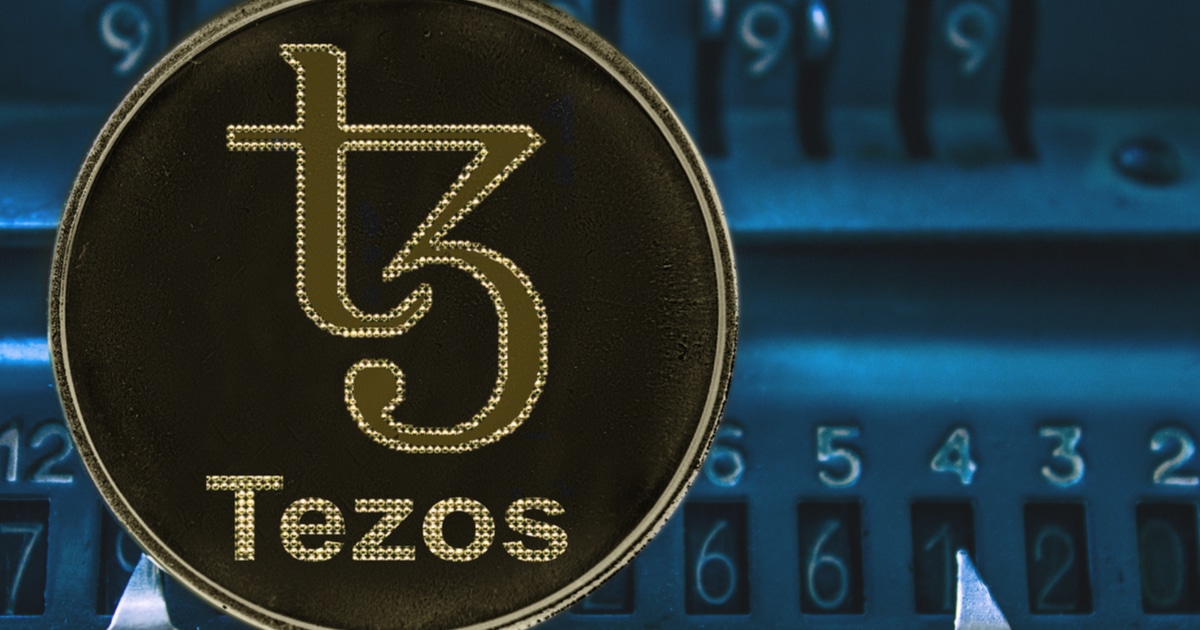Terryl Dickey
August 2, 2024 12:31
Tezos introduces innovative tools that will revolutionize the mobile gaming industry, solving challenges and providing new opportunities for developers.
Tezos is making waves in the mobile gaming industry, providing game developers with innovative tools to navigate a rapidly evolving market. According to Tezos Spotlight, the mobile gaming sector, which generates over $100 billion annually, faces challenges including economic pressures, changing user behavior, and fierce competition.
Understanding the Current Mobile Market
The mobile gaming market is undergoing significant change.
- Working after lockdown: As people spend more time outdoors, engagement with mobile games has declined.
- Economic pressure: Inflation and high interest rates are reducing disposable income, which is impacting consumer spending on gaming.
- Geopolitical instability: Global tensions are affecting spending patterns in many regions.
Despite these challenges, certain game genres thrived. Puzzle games saw a 10% increase in in-app purchase revenue, while hybrid casual games saw a 30% increase in revenue. However, action, arcade, and simulation games suffered, with user interest down 16%.
How Tezos can help
Tezos provides a fast, scalable, and efficient blockchain ecosystem with tools like the Tezos Unity SDK that can enhance game development, player engagement, and monetization.
1. Player participation
Tezos technology allows players to own, trade, and sell in-game assets to create richer experiences. This feature has already been successful in PC games like Counter Strike and Dota 2, and could be revolutionary for mobile games. For example, in Clash of Clans, players can own and trade upgraded buildings or rare troops to increase engagement and retention.
2. Monetization
Tezos offers a new monetization path beyond traditional in-app purchases. Developers can create secondary markets for in-game assets, generating ongoing revenue through transaction fees. This model has been successful in games like Genshin Impact, where rare items are traded on the marketplace, providing a continuous revenue stream.
3. User Acquisition
Traditional user acquisition strategies are expensive. Tezos can reduce these costs by directly engaging potential users who are interested in similar games or genres. Personalized rewards through blockchain-based incentives can increase retention and engagement. For example, Telegram’s game Catizen has found significant success by rewarding players for playing the game.
4. Ease of integration
The Tezos Unity SDK is designed to be developer-friendly, with clear documentation and support. It is modular, open source, and free, making it easy to use even for developers new to blockchain technology.
conclusion
The Tezos Unity SDK provides game developers with powerful tools to create engaging, innovative, and monetizable games. By integrating Tezos, developers can unlock new potential for player engagement, transactions, and sustainable revenue streams. This technology solves real-world problems and opens new opportunities in the competitive gaming industry.
For developers looking to enhance their games, the Tezos Unity SDK offers exciting opportunities to explore new features and transform their games. The future of games powered by Tezos is here.
For more information, check out the Tezos Spotlight.
Image source: Shutterstock

